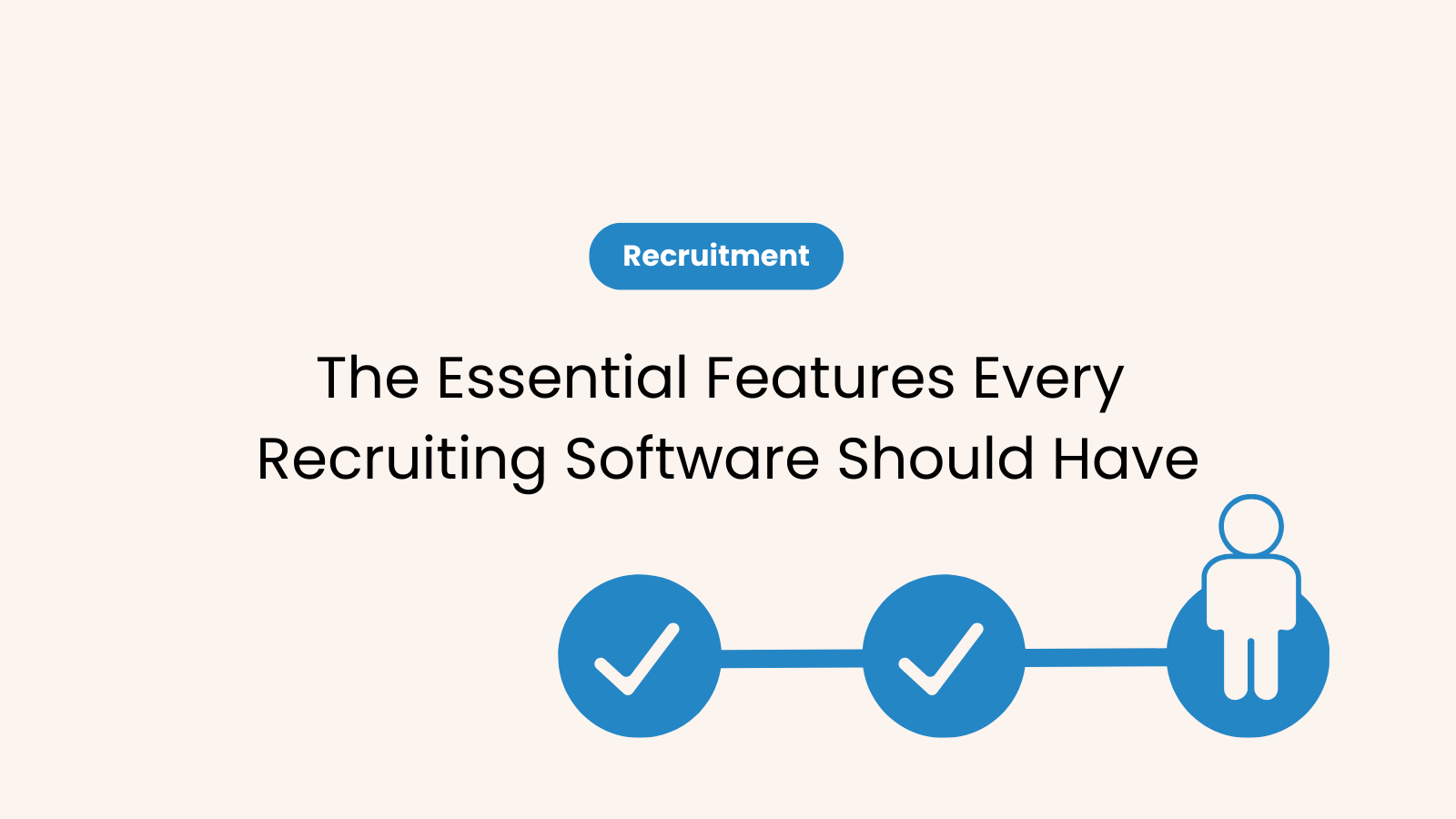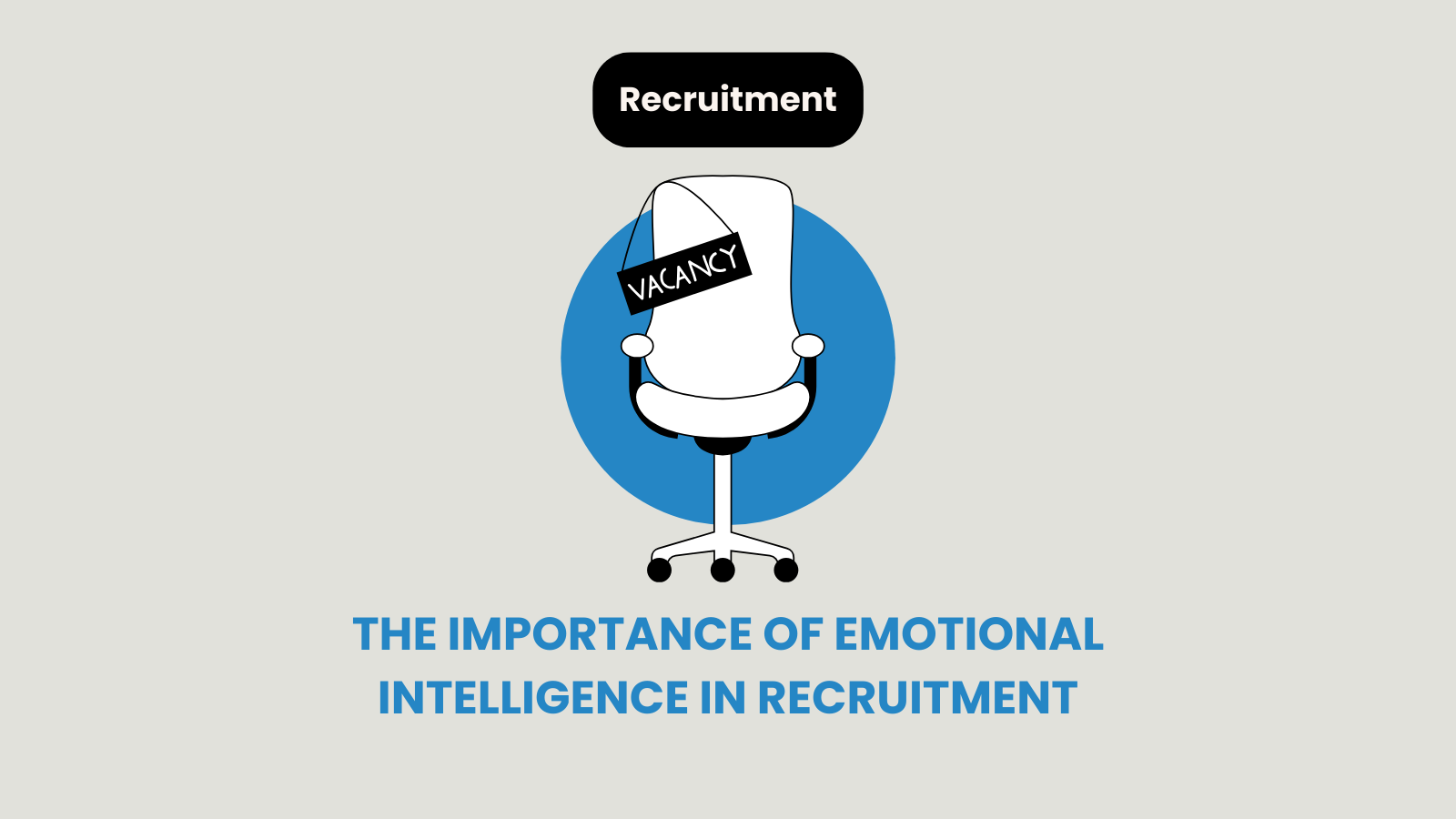If you are attracted to the idea of working in a non-traditional office setting, with more freedom and a more flexible schedule, remote jobs might be the thing for you. Remote jobs are synonyms for home-based jobs, virtual jobs, telework, etc., but there is a difference: remote jobs are jobs done in a remote location away from a traditional office. You do not get to see your boss every day, and no one will be checking up on you and your work every couple of hours, you can even be late from time to time because you do not work in an office! It sounds pretty great, doesn’t it?
But, the question is, how do you land such a fantastic job without having a regular face-to-face interview with your employer? The answer is – have a perfected, outstanding resume that they could not say no to! Also, remember to check your social media for anything that you might not want your employer to see, a night on the town with friends, and a few drinks might be fun, but it doesn’t really scream “I’m very professional” does it? Resumes are crucial, especially for remote jobs. They should consist of your hard skills (technical/cognitive skills- skills that are required for doing the job, specific knowledge you gain from education or training), and soft skills that complement the previous ones. They are more important for this kind of interview since they will be the only thing that will make your employer do a double-take. Here are the top skills for remote jobs that will help you land the gig you always wanted.
Top soft skills for remote jobs
Soft skills are skills that are not based on your knowledge or job training like hard skills, but on your personality traits, habits, and behaviors that affect your way of working with others, or without them. They are interpersonal (people) skills that are a mix of social intelligence, emotional intelligence, social skills, communication skills, and common sense. They are a little bit harder to define than hard skills, let’s say that soft skills are desirable skills that are similar to emotions and that employers look for in job candidates. Employers may even list specific soft skills as required for certain jobs (for example, managers must have excellent communication skills), so keep an eye on that. Most soft skills are associated with your personality, but they can also be learned and developed with patience and practice. Soft skills are also transferable, which means that they can be used in several ways regardless of the job position, and that makes employees more adaptable.
Besides the ones that go without saying like courtesy, integrity, and a positive attitude, there are other essential soft skills for remote jobs. Some of those skills are communication, organization, work ethic, time management, proactiveness, independence, flexibility, adaptability, work-family balance, professionalism.
Communication skills
Communication is vital for any job, especially for a remote job. If you think that you do not need excellent communication skills simply because you work from home all by yourself, you are wrong. It would be best if you were an excellent communicator and a good team player in case you will be working on a collaborative project. You could end up having co-workers from all over the world, so you will need to have smooth and uncomplicated communication with them, regardless of the difference in language. You will most likely be in contact with your colleagues and employers by e-mails, messages, or video calls on Google Hangouts, Skype, Zoom, Slack… Keep in mind that this kind of communication requires high-speed internet that is password-protected, as well as good antivirus software. Show your employer you feel comfortable using all of them! Excellent communication includes active listening, clear speech, and writing, as well as having a nice way of conflict resolution.
The organization and work ethic
When working in a remote job, as we mentioned, you do not have your cubicle or a typical office, so you are not controlled and monitored like traditional employees. That means that you will need to check up on yourself from time to time, the organization will be your best friend if you want to keep this job. A home office also comes with some problems and distractions like children, pets, people knocking at your door in the middle of a scheduled video call. It can be a lot to take sometimes, but find a way to separate your work from all of it- here are our suggestions: have someone come over and take care of your children and pets while you work, have your own office space in your house that is meant only for your job and nothing else, a kids-free zone. Work ethic is also vital; if you have a good work ethic, it means that you will be able to stay focused, follow the given instructions, and, most importantly, do your tasks in a quality and timely manner. That will ensure trust and bond between you and your co-workers and employers.

Time management
Time management is probably one of the most important soft skills. No matter where you work from, remotely or not, as an employee, you need to develop a good sense of time consciousness. That, of course, means that you should finish your tasks in time, but if you have a remote job that requires frequent communication with your co-workers from all over the world, you should always be aware of the difference in time zones. Make plans for video calls ahead. If you need to speak to them, but you haven’t made plans to do so, send them a message first to see if they are available, respect them and their time.
Proactiveness and independence
Since you will be working alone, without co-workers by your side to turn to for help at any time, and without constant monitoring and checking up by your boss, you will need to know how to get up on your own two feet. There are a lot of temptations for procrastination in a home office. Still, you must resist and do your work efficiently. Companies who are hiring remote employees have a lot of expectations, and they do not want you procrastinating and slacking off in your home, they want a reliable and motivated employee that they can count on for results. You should find ways to be independent and proactive: self-driven and self-motivated. You need to prove to your employer that you can manage things with no help. You can do that in many ways – show that you are resourceful and that you can solve problems on your own. Showing that you are a quick learner can go a long way as well! You will also need to learn how to stay motivated even when you do not feel like working- working alone without face-to-face interaction can be difficult sometimes. Still, you will need to show your boss that you can do your job passionately and that you are very interested in your field of work.
Flexibility and adaptability
Companies that hire remote workers need them to be flexible and adaptable. You need to be able to take on multiple tasks, to fit into their schedule, to adapt quickly to some changes that may occur. Also, keep in mind that you will need to adapt to their technical requirements. Some employers don’t provide their staff with a computer or some other equipment needed for the job so that that expense might be on you.
Work-family balance
While working from home, like in many cases of remote jobs, you need to show to the employer that you can separate your private life from your work life. You would need to confirm that your friends and family will not bother you at work – you do that by meeting deadlines, multitasking, and staying professional. But that doesn’t mean that you should toss your family aside. While making schedules with your boss, feel free to mention some personal things that you have planned, and make the timing fit for both you and your boss.
Professionalism
Even though you will not need to wear a suit to work every day like in a traditional office job (of course, unless you want to walk around your house in a suit – in that case, feel free to do just that), you will still need to keep a certain level of professionalism at your job. You will still communicate with other people on video calls, so appearance still matters, as well as manners, patience while discussing current problems, and respect towards others.




